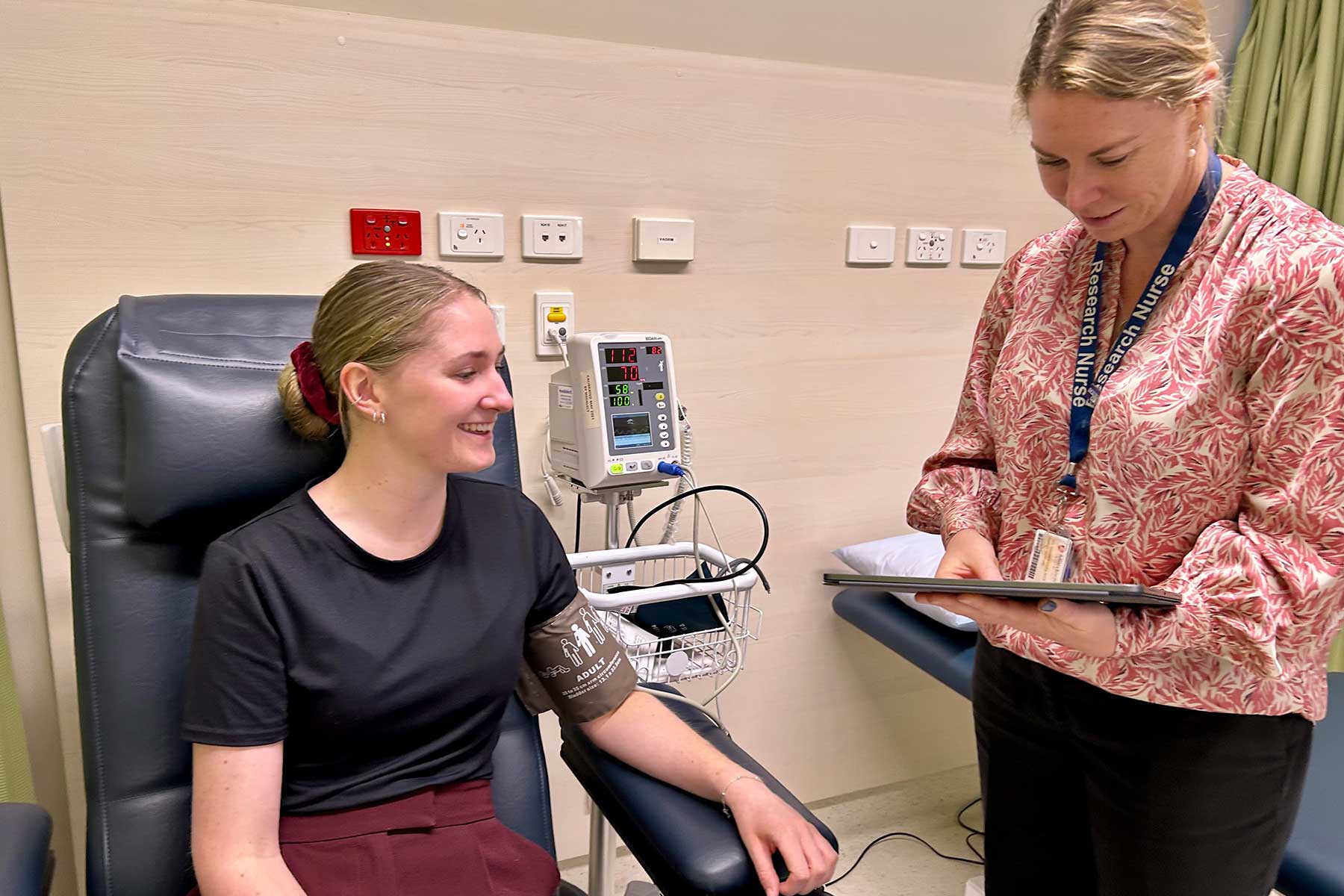On 20 May each year, we celebrate the pioneering work of Dr James Lind, who in 1747 led one of the first documented clinical trials. His research into treatments for scurvy ultimately led to the discovery of the the preventative role of Vitamin C in this condition.
Fast forward 250+ years, and in all our workplaces, the clinical care we deliver is underpinned by research. Research is there in the medications we administer, the clinical assessments we perform, the wound dressings we select, and the equipment we use. Research informs what we do, when we do it, and how we do it. In fact, to borrow and adapt a line from the film Love Actually (Curtis, 2003), “If you look for it, I’ve got a sneaky feeling you’ll find that research, actually, is all around.”
Research, however, suffers from a bit of a PR problem at times. We all understand its importance, but it takes time, it’s complex, often costly, and not always successful. Some may recall audit modules from uni days with a shudder. Navigating research approvals and ethics committees can be the stuff of legends – usually with words of caution and tales of woe quick to be shared. Many may attempt, but few may pass. In environments where our time has never been more in demand, where can research fit? How can we give our patients the opportunity not only to benefit from research, but to contribute to the development of the next treatments and improvements in care?
All of our clinical environments are like tinderboxes for research – ready to ignite with just a spark. It doesn’t take much – maybe an idea shared in the tearoom, or a student’s question about why we do it that way. Maybe a patient asking if there are new treatments they can try. Each and every one of us has the potential to change practice, as research is about constantly searching for better.
Opportunities for our patients to be part of clinical research are often right under our noses. You may be surprised at how many clinical research studies are currently active within your specialty. For example, as we write this, there are 266 actively-recruiting trials in Australia for patients with diabetes (Australian New Zealand Clinical Trials Registry, 2025). That’s a lot of opportunities to be part of advancing healthcare knowledge and outcomes.
Watch the ‘Celebrating Clinical Trial Nurses’ video, created by Sydney Local Health District. The video highlights how clinical trial nurses act as the vital link between research and patient care—combining expert clinical skills with compassion to ensure trials follow rigorous protocols while maintaining a person-centred approach.
In Australia, our clinical research workforce is growing and developing, with nurses taking a pivotal role in delivery and conduct of research, including clinical trials. Within the Australian College of Nursing (ACN), Clinical Research Nurses are being supported via the Clinical Research Nurses Faculty and Clinical Research Nurse Australian Standards for Practice, published in 2022.
So this Clinical Trials Day, please ask yourself not what research can do for you, but what you can do for research. Turn that clinical niggle into a research question, look up active trials in your specialty (anzctr.org.au or clinicaltrials.gov), chat with a specialist clinical research nurse, or check out online databases for the latest published research in your area.
Once you get to know it, you’ll see research for what it truly is – exciting, inspiring, challenging, rewarding, and vital. We love research, and we think you will too.
With thanks to ACN’s Clinical Research Nurses Faculty
This article was developed by the Leadership Team of ACN’s Clinical Research Nurses Faculty, a highly specialised group of nurses committed to raising awareness of their vital specialty and its impact on health outcomes.
Chair: Mrs Kelly Beer MACN
Deputy Chair: Ms Gillian Tulloch MACN
Leadership Support: Dr Kristin Edwards MACN
Clinical research nurses bring together clinical nursing expertise and research capability to support the delivery of rigorous, high-quality research. Their work enhances health outcomes, improves the research participant experience, and informs future treatment pathways.
ACN’s Clinical Research Nurses Faculty provides a platform for connection, recognition, and leadership development for nurses working in or interested in clinical research. The Faculty advocates for the role of clinical research nurses and contributes to advancing practice through standards, education, and peer support.
Joining a Faculty is an exclusive benefit of ACN membership, offering access to a dynamic community of nurses shaping the future of the profession.
Not an ACN member yet? Become part of Australia’s peak professional nursing association to access this benefit and many more. Join today by completing the online membership form.
References
Australian New Zealand Clinical Trials Registry (ANZCTR) [Online]. Accessed 20 March 2025. https://www.anzctr.org.au/
Curtis, R. (Director). (2003). Love Actually [Film]. Universal Pictures.





